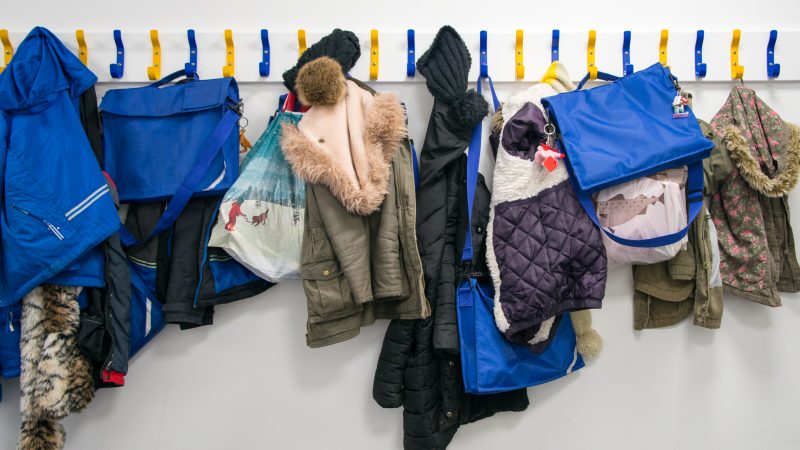
Labour’s Stephen Morgan has urged ministers to “get a grip and engage with schools” on cost pressures to avoid children missing out on opportunities after new research revealed school energy bills have doubled in the last year.
Reacting to research from the House of Commons today, the shadow schools minister called on the Department for Education to match Labour’s plan for schools with a “proper plan to secure children’s futures” in the wake of the pandemic.
“Children have already faced huge disruption due to the government’s chaotic handling of the pandemic and now the cost-of-living crisis, made worse by Downing Street, is further squeezing school budgets,” Morgan said.
“Ministers must get a grip and engage with schools to ensure children do not lose out on further opportunities. Labour is calling on the government to prioritise children’s learning and development post-pandemic, with breakfast and after school clubs, tutoring and mental health support.”
The analysis by the House of Commons Library, of official figures on energy consumption and gas prices, found that non-domestic gas and electricity prices almost doubled in 2021, mostly due to the increase in the cost of wholesale gas.
Schools are not covered by the energy price cap, which only applies to domestic customers, meaning there is no limit on how much their energy bills could increase. Wholesale prices are expected to continue rising in the coming months.
A Department for Education spokesperson told LabourList: “We recognise schools may be facing cost pressures in the coming months, particularly where energy prices have increased, and we are looking carefully at how these rises will impact schools and considering what additional support we could offer.
“Cost increases should be seen in the wider context of funding for schools. In 2022-23, core schools funding will increase by £4bn compared to 2021-22 – a 7% cash terms per pupil boost – and this will help schools to meet wider cost pressures, including energy prices.
“All schools can access a range of tools to help them get the best value from their resources, including recommended deals for energy costs and services related to energy.”
A majority of primary school headteachers predicted their costs would be greater than their incomes in 2023-24 unless they made “significant cuts or other corrective actions”, according to a survey conducted by the headteachers’ union NAHT last year.
Almost a third of those polled by NAHT had already made cuts in the previous year, with some being forced to cut teaching assistant and site manager roles. School budgets are also facing cost pressures related to providing mental health support to pupils and supporting children with special educational needs and disabilities.
Commenting on the union’s findings at the time, NAHT general secretary Paul Whiteman warned that the government is “forcing schools to cut back on staff, support for pupils and activities that enrich the school day”.
Labour’s children’s recovery plan sets out the party’s proposals for the education system following the coronavirus pandemic, including providing breakfast clubs and new activities for every child, ensuring high-quality mental health support is available in every school and extending free school meals through the holidays.
Labour has said it would make small-group tutoring available to all children and double the Pupil Premium for children in key transition years. Its plan also calls for greater support to be provided to teachers through continued professional development to enable them to help children catch up on lost learning.




More from LabourList
‘What Batley and Spen taught me about standing up to divisive politics’
‘Security in the 21st century means more than just defence’
‘Better the devil you know’: what Gorton and Denton voters say about by-election